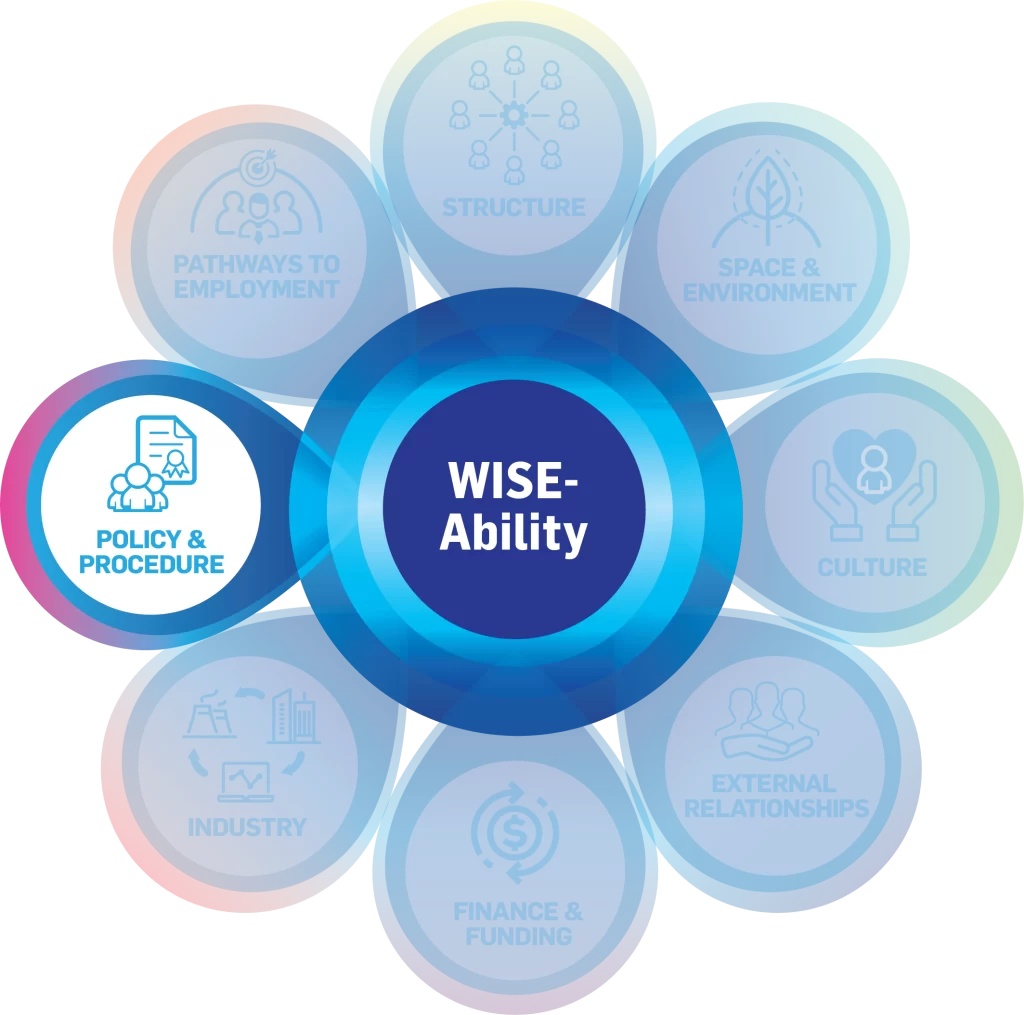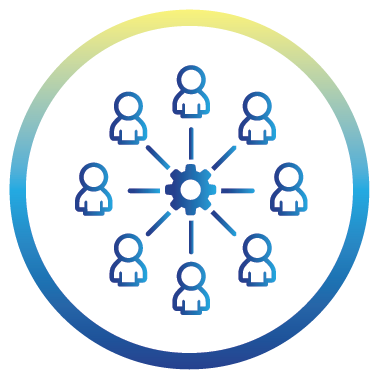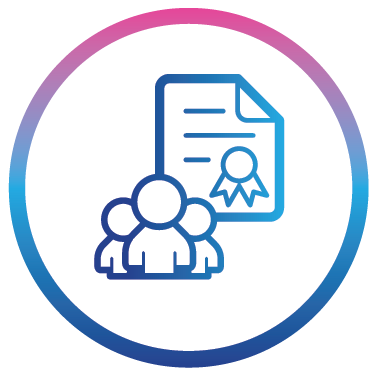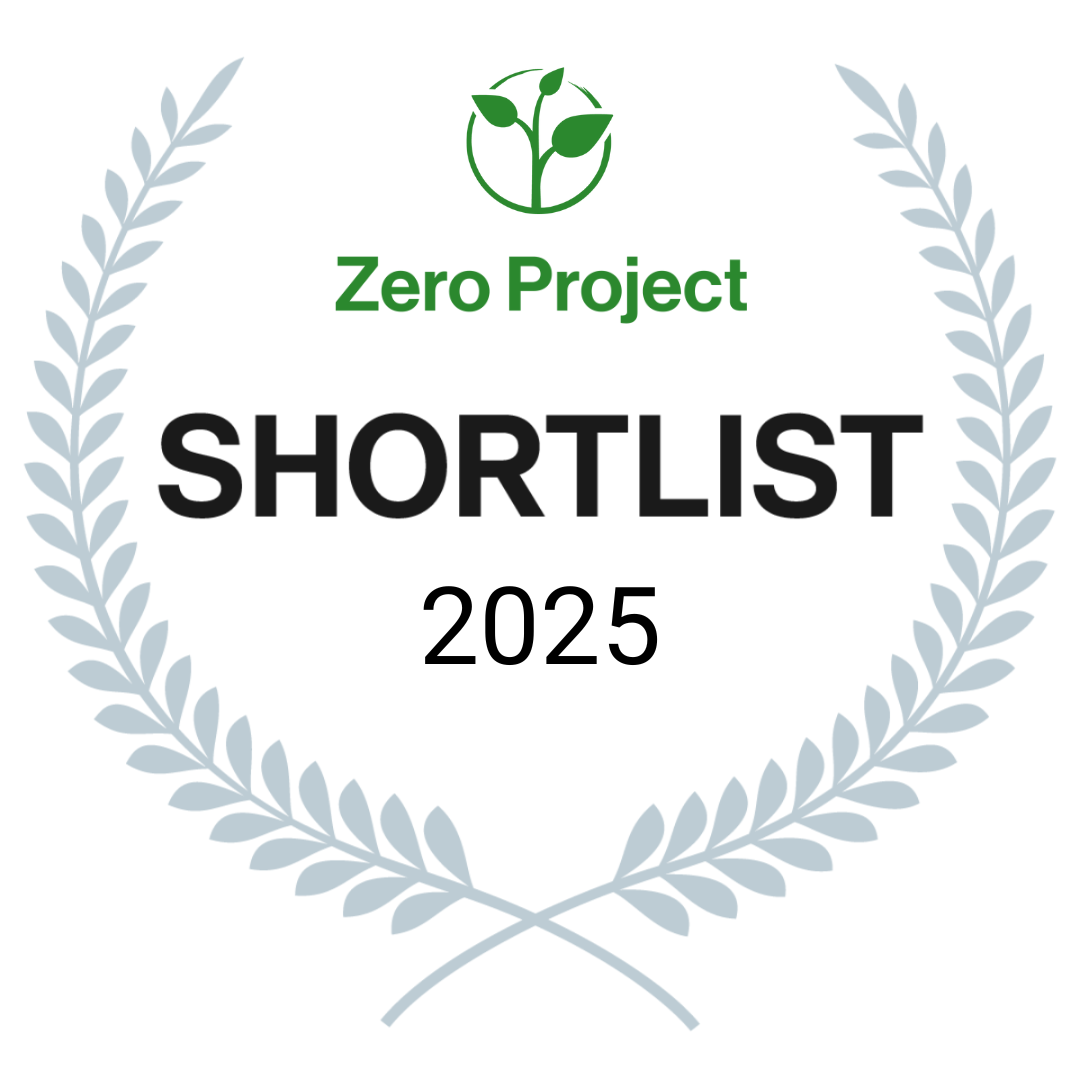Policy, Procedure and Process
Having processes and policies in place at your WISE supports business operations, as well as staff and individual wellbeing. Policies that provide guidance, and accessible, modifiable, and flexible ways of working help to create an inclusive organizational culture. Clear processes provide guidance for troubleshooting and can save valuable time.

Guidance for Staff
Employing individuals with skills in social and business operations, who communicate effectively and can empathise with others (i.e., have “emotional intelligence”) can help to support the goals and mission of your organisation. The hybrid (social + business) nature of the WISE means that staff often bring industry skills, for example in hospitality, to the WISE and develop other skills on the job.
Peer Support and Guidebooks
Just as individuals require guidance in their roles, so too do staff members. Existing staff members can encourage new staff to be supportive, patient, understanding, responsive, and aware. Background reading can help inform your workplace culture (for example, genU has a booklet called Understanding our Mental Health and Disabilities).
Formal Communication Channels
Having a time and space for regular Staff meetings is vital for information sharing. Informal Staff chats are just as important and allow Staff to share knowledge, strategise, develop new ideas and build relationships
Staff from different teams stay in contact via face-to-face discussions on-site, email, and phone to ensure individuals feel supported and that their concerns are addressed in a timely manner. Using mechanisms to check in, update, or get feedback from supported employees is important. For example, one WISE uses a team “huddle” each morning.
Engaging Stakeholders
A ‘with not for’ approach to working with people with a disability helps to build an inclusive organisational culture.
There needs to be effective communication structures that provide clear information about the work individuals are doing. This information should be communicated to family and other networks to allow challenges to be addressed in supportive ways.
Policies That Support Disability Focused WISE
An intake policy of diversity and group coherence supports productivity. This means including people who will be able to get along and learn new skills together. Intake is accompanied by clear induction and orientation processes.
Setting boundaries creates clarity for new individuals. For instance, employees developed their own handbook—10 policies and procedures around effective workplace behaviors to support teamwork.
Tailored Business Systems
For instance, in the commercial kitchen, a whiteboard system is used to manage tasks and allocate staff resources. The whiteboard has different magnets and tags used to indicate tasks and task status. It is tactile and visual. When a new person starts work, they can be shown the whiteboard and refer to it as needed. This system is accompanied by a job instruction sheet that includes more detailed information on each task (e.g., specific instructions for how to peel, top, and tail a carrot).
Structure Routine and Support
Staff plan the work schedule of individuals in advance and then reassess work plans each day to ensure appropriate resourcing of jobs. Changes in tasks or work type are discussed with individuals ahead of time to enable appropriate time for adjustments and to minimise any change-related stress.










